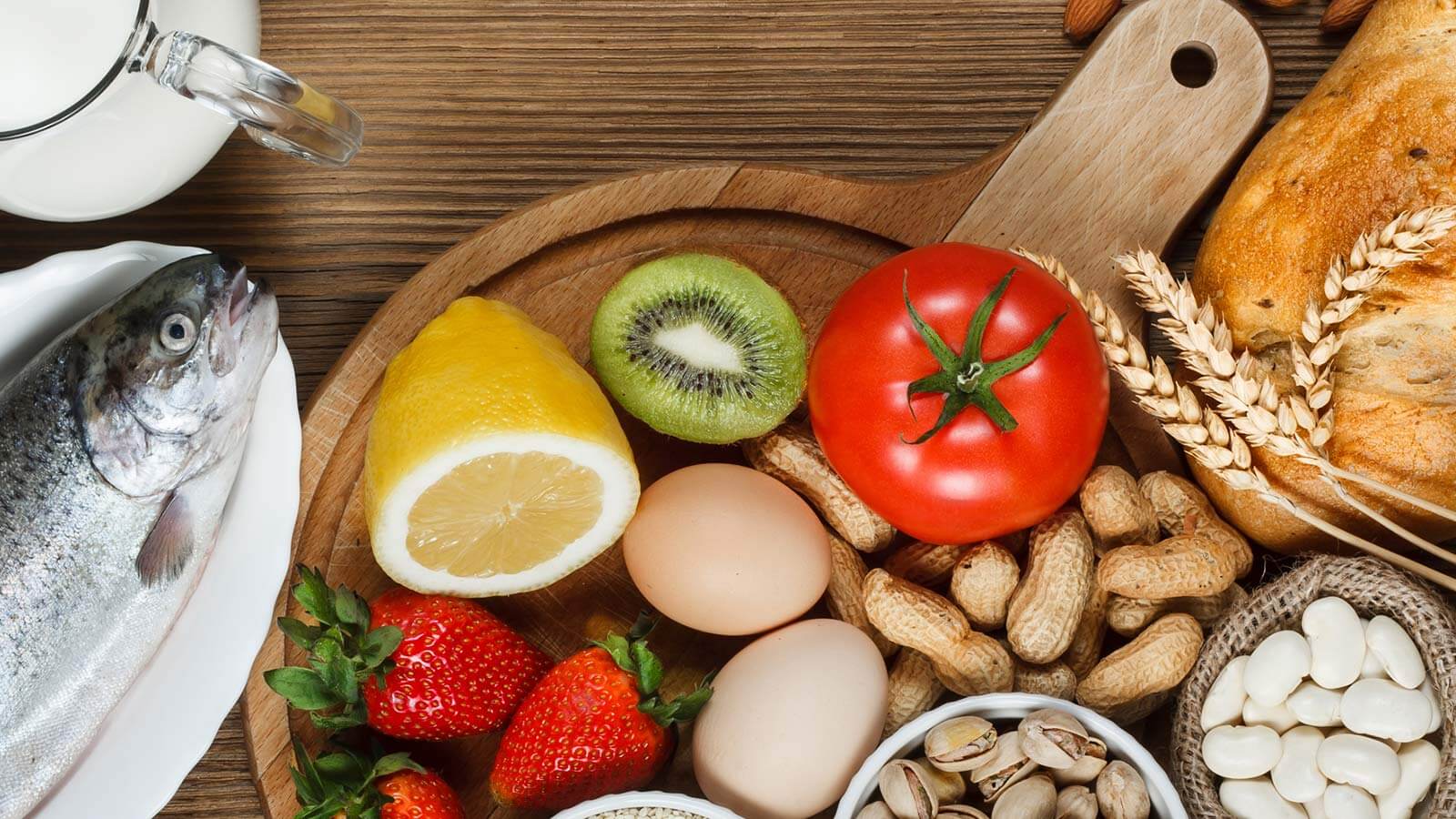Have you been tasked with coordinating an event or even managing RSVPs for events? These days one of the most challenging parts of any event is not the seating plan – but the dietary requirements. The team at Mingara Events are experienced creating meals for a variety of requirements. Over the years the different types and numbers of participants requesting special dietary meals has increased dramatically and the thought it might be helpful to explain the most common requests you will receive.
Allergy vs Intolerance
Firstly, there is a difference between an allergy and an intolerance. An allergy is an immune response to proteins found in some foods and any amount of the ingredient can cause a reaction. An intolerance is a sensitivity to the chemicals found in food and in some cases, small amounts can be tolerated however it is recommended to avoid all use. Some religions also have requirements around how food can be prepared and what followers can and cannot eat.

Mingara Events guide to dietary requirements
Gluten Free / Coeliac
This is a diet that excludes gluten which is a mixture of proteins found in wheat and other related grains including barley, rye and oats.
Lactose-Free / Lactose intolerance
Lactose is a sugar found in milk and milk products. Some small amounts of lactose can be tolerated by most with an allergy/intolerance however for their comfort it is best to avoid any ingredients containing lactose. This may often be referenced on ingredients lists with milk solids non-fat, milk solids, milk powder, whey protein, milk, casein and curd.
Milk allergy
This is different from lactose intolerance or allergy. Cows milk and by-products of cows milk should be avoided. It is also suggested to avoid milk from all other animals ie goats milk.
Dairy Free
This can be defined as free from milk-based ingredients such as casein, whey, lactose and milk fat but doesn’t exclude the use of eggs.
Egg allergy
Eggs from all birds (not just chickens) should be avoided for those with egg allergies.
Wheat allergy
This is different from gluten intolerance/coeliac and those with wheat allergies can tolerate other grains aside from wheat.
Vegan
This is a plant-based diet with no animal products contained within any ingredients. Vegans do not eat meat, fish, eggs or dairy products.
Vegetarian
Perhaps the easiest of them all, this just means no meat or meat products.
Ovo-vegetarian
Eat mostly plants in addition to eggs but they won’t eat dairy products, meat or fish.
Lacto-vegetarian
Eat mostly plants in addition to dairy products but they won’t eat eggs, meat or fish.
Lacto-ovo-vegetarian
East mostly plants in addition to dairy products and eggs. They won’t eat meat or fish.
Pescetarians
Vegetarian diet, however, will eat fish. They won’t eat meat.
Peanut allergy
Must avoid any kind of nut, even artificial.
Shellfish allergy
This is quite common and menus should avoid any shellfish from either crustaceans or molluscs.
Kosher
Kosher foods conform to Jewish dietary regulations and this is centred around the way the animals are slaughtered and prepared. Pigs and shellfish are examples of foods that are not permitted to be eaten. Meat and milk must not be cooked or consumed together and separate utensils must be kept for each.
Halal
Halal foods have been slaughtered in accordance with Sharia Law. Pigs cannot be consumed and alcohol cannot be used in cooking.
Ask the experts
Our team at Mingara are always happy to work with you to ensure your event attendees receive a meal they are comfortable with so please don’t hesitate to ask our Events staff for help or more information. Contact the Mingara Events team for any event queries and dietary concerns





